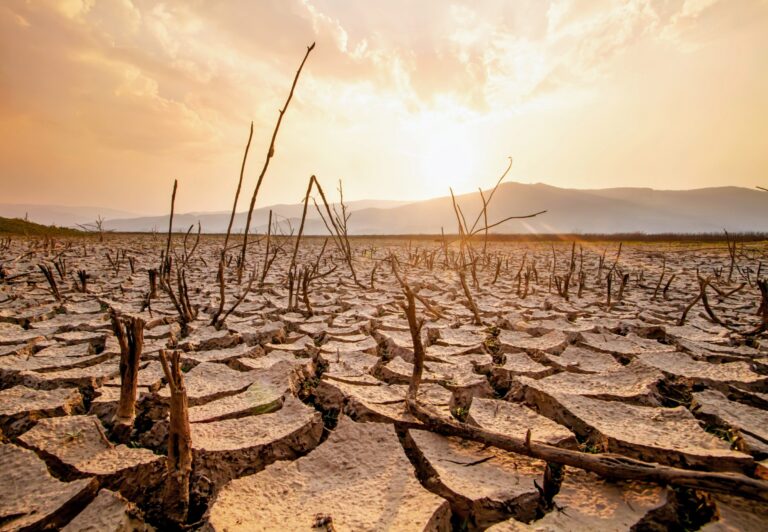Climate change is significantly altering weather patterns and ecosystems in North America, as outlined in a study by The Ohio State University. The research indicates a trend toward increased weather extremes, with the Southwest experiencing severe drought conditions while the Northeast sees wetter winters. This shift will lead to greater fluctuations in precipitation across central states throughout the century.
The study utilized various data sources, including modern precipitation records and tree ring reconstructions, to assert that the current climate changes exceed natural variability patterns seen before industrialization. Such unpredictability complicates water management strategies and poses challenges for agriculture, city planning, and infrastructure due to the contrasting wet and dry periods expected.
The urgency for adaptation measures is underscored, as sectors must prepare for both diminishing water supplies in the Southwest and increased flooding risks in the Northeast. Proactive planning is essential to mitigate the impacts of these ongoing changes on communities, economies, and ecosystems. The findings highlight the need for immediate action to contend with the transformations wrought by climate change.
Source link


